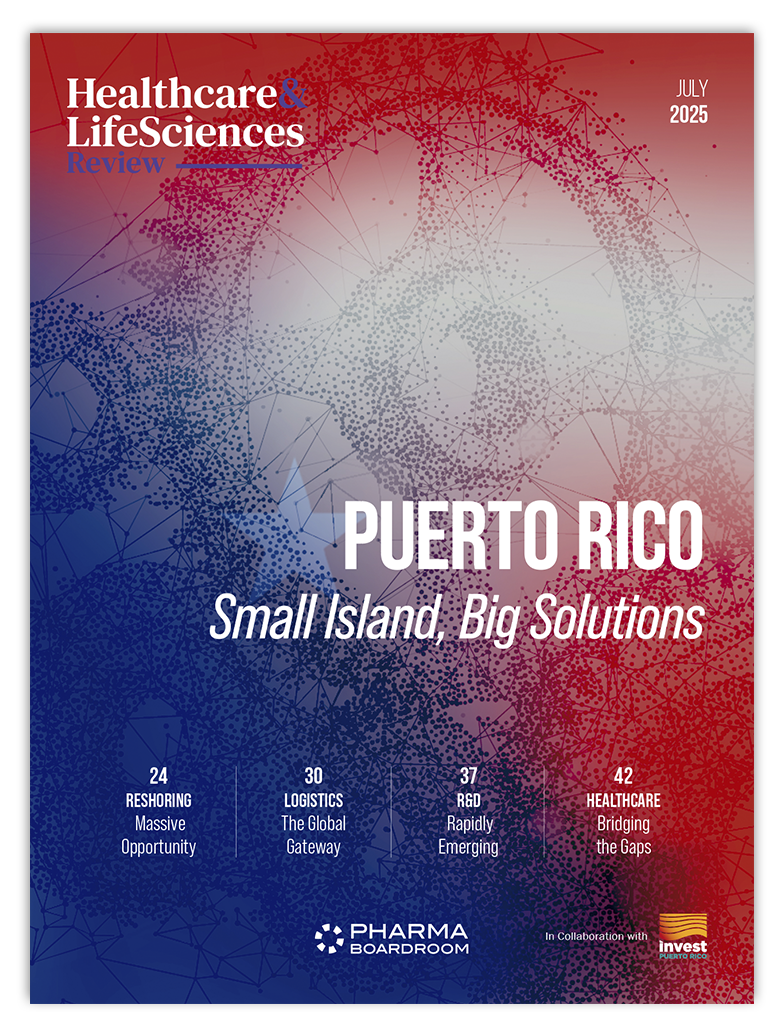Writing in the June 2025 edition of DIA’s Global Forum Magazine, Finn McCartney, Maria Dutarte, Petra Adámková, and Paola Kruger from the European Patients’ Academy on Therapeutic Innovation (EUPATI) weigh in on how the patient voice is being incorporated into Joint Clinical Assessments (JCA) under the new EU Health Technology Assessment (HTA) Regulation.
For the first time, those who will benefit the most from new health technologies—patients—are key stakeholders throughout this process and have several opportunities to be involved and contribute to the joint work.
It is critical that patients are provided with training opportunities on the EU HTA process so that they can be actively involved and provide informed input.
The degree to which patients are involved in HTA has varied across the EU. The HTAR has introduced a clear harmonized mandate approach for the EU HTA process where European patients can provide input via the appropriate national mechanisms and/or the European mechanism for the joint work that will be conducted (Joint Scientific Consultations [JSCs] and JCAs). For example, they will be involved in the scoping questions (more commonly known as PICOs [Population, Intervention, Comparison, and Outcome]) and the review stage of the draft JCA report via the appropriate European and national mechanisms.
The European Patients’ Academy on Therapeutic Innovation (EUPATI) is committed to providing information and training on health innovation to patients and patient representatives. In 2023, EUPATI launched an EU-funded project, HTA4Patients, focusing on building knowledge among patient communities around the HTAR. The HTA4Patients and European Capacity Building for Patients (EUCAPA) projects have the shared aim of providing training opportunities and building capacity on the EU HTAR for the patient community. Both initiatives have been co-funded by the European Union and have produced complementary educational resources.
Through the HTA4Patients Project, EUPATI and its partners have co-created a free e-learning course, EU Health Technology Assessment Regulation (HTAR), and are organizing online training sessions on the HTAR for different patient groups. EUPATI will also be translating the training materials into eight different languages (Portuguese, Greek, Czech, Dutch, French, Spanish, German, and Italian) (already up to five and counting) and exploring ways to continue running training sessions on a regular basis.
Through this project, EUPATI has seen growing interest in HTA and HTAR in the patient community: Viewership of the new HTAR course has already passed the 3000 mark, and more than 100 individuals are expected to complete the course by November 2025. EUPATI also envisions that further uptake of the course will explode after the translated versions are made available.
When interacting with these groups within the framework of this EUPATI project, patients have expressed difficulty in accessing such a complex topic as HTA: how it works and relates to their personal treatments and patient journey, why it matters, and the technical jargon associated with this topic.
At this early stage of HTAR, EUPATI reached out to two patients involved in the project in two different EU countries to capture their experience of how the HTAR is shaping patient involvement in HTA so far:



